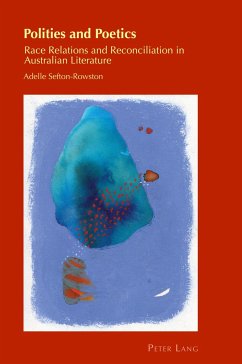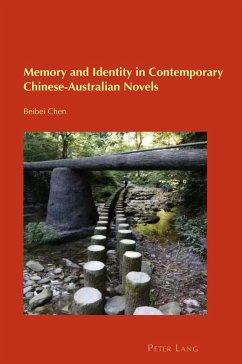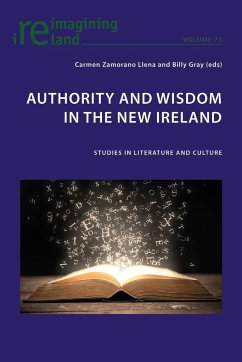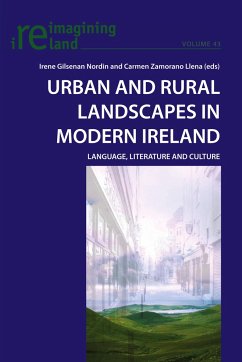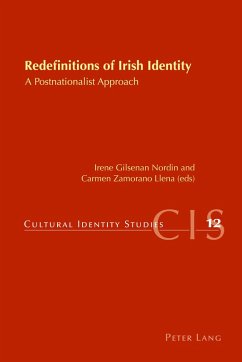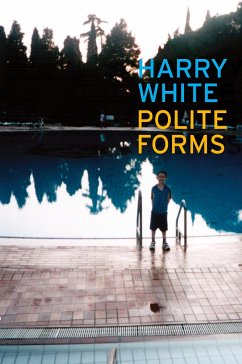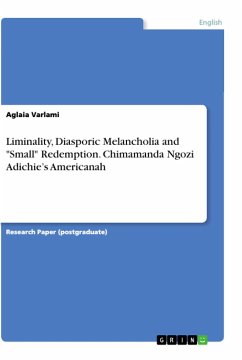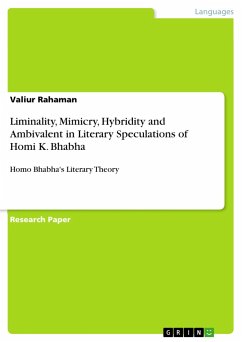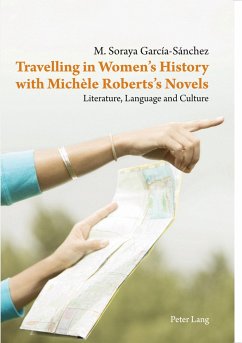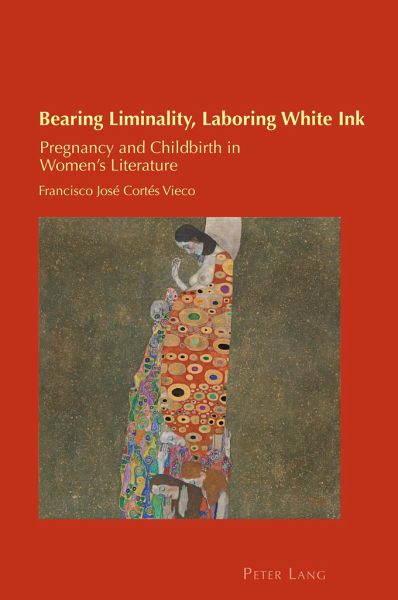
Bearing Liminality, Laboring White Ink
Pregnancy and Childbirth in Women's Literature
Herausgegeben: Zamorano Llena, Carmen; Gray, Billy; Stier, Jonas
Versandkostenfrei!
Versandfertig in 6-10 Tagen
66,20 €
inkl. MwSt.
Weitere Ausgaben:

PAYBACK Punkte
0 °P sammeln!
Literature has been a bastion of male creativity, not of female procreativity, which has traditionally inhibited the voices of women and disempowered their self-expression. This book explores the underestimated legacy of women's fiction and (semi-)autobiographical works about pregnancy and childbirth in Great Britain and North America during the nineteenth and twentieth centuries, highlighting the symbiosis between the processes of childbearing and writing, problematizing female subjugation to the patriarchal institution of motherhood, and compensating for the silence around the experience of ...
Literature has been a bastion of male creativity, not of female procreativity, which has traditionally inhibited the voices of women and disempowered their self-expression. This book explores the underestimated legacy of women's fiction and (semi-)autobiographical works about pregnancy and childbirth in Great Britain and North America during the nineteenth and twentieth centuries, highlighting the symbiosis between the processes of childbearing and writing, problematizing female subjugation to the patriarchal institution of motherhood, and compensating for the silence around the experience of becoming a mother in literature.
Drawing on the anthropological concept of liminality, controversies about maternity within women's liberation movements, and milestones in French feminist theory, this book discusses pregnancy and childbirth as transformative events that can engender both women's imaginative responses to procreation and re-creations of memories about their prenatal/natal episodes, as well as therapeutic narratives of self-discovery and recovery from pain. Examining the works of authors such as Mary Shelley, Emily Brontë, Jean Rhys, Anaïs Nin, Margaret Drabble, and Toni Morrison, this book posits a literary corpus of procreativity, written by women with an empowering white ink to defend their (un)maternal freedom and (life-)writings.
Drawing on the anthropological concept of liminality, controversies about maternity within women's liberation movements, and milestones in French feminist theory, this book discusses pregnancy and childbirth as transformative events that can engender both women's imaginative responses to procreation and re-creations of memories about their prenatal/natal episodes, as well as therapeutic narratives of self-discovery and recovery from pain. Examining the works of authors such as Mary Shelley, Emily Brontë, Jean Rhys, Anaïs Nin, Margaret Drabble, and Toni Morrison, this book posits a literary corpus of procreativity, written by women with an empowering white ink to defend their (un)maternal freedom and (life-)writings.





